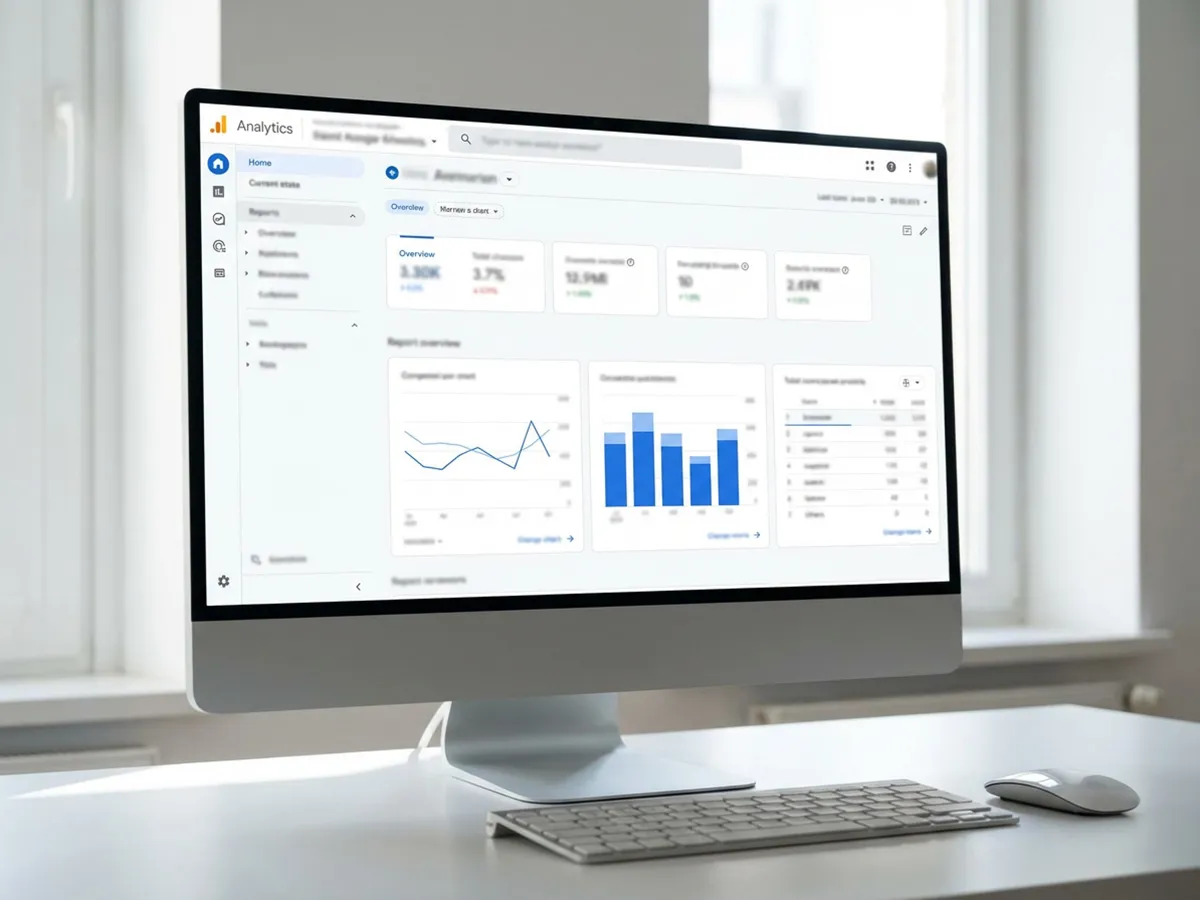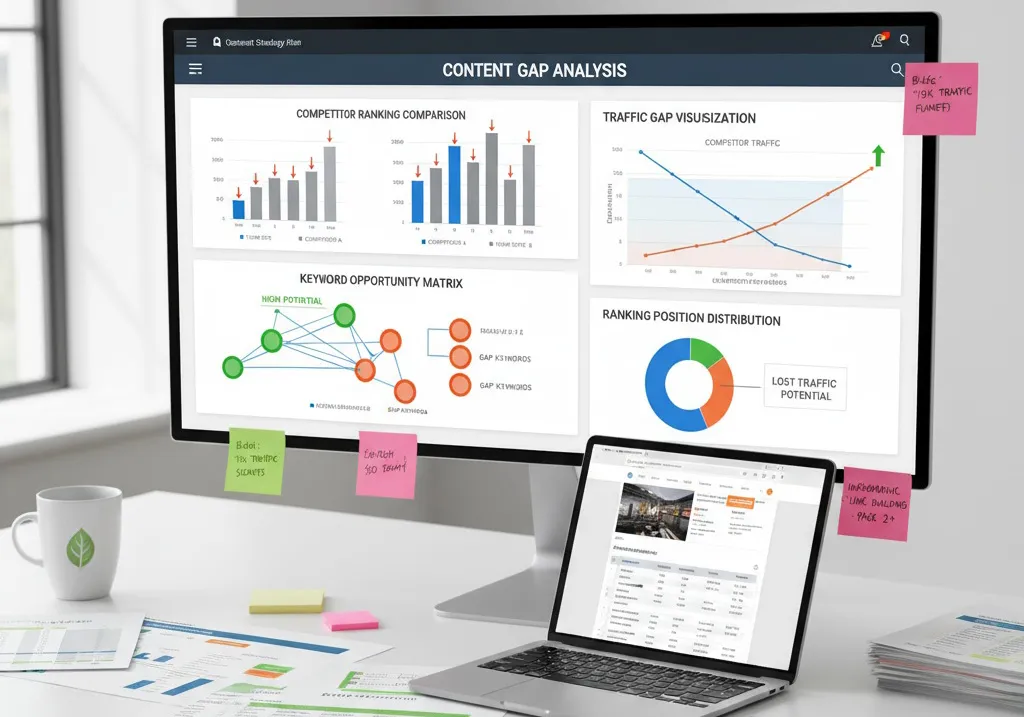Multi-location SEO is essential for businesses operating across multiple geographic areas. With mobile searches driving 63% of Google’s organic traffic, optimizing each location independently can significantly boost local visibility and customer acquisition.
Why Local SEO for Multiple Locations Matters
Local search optimization becomes complex when managing multiple business locations. Each location competes in its own geographic market, requiring targeted strategies that address specific community needs and search behaviors.
Key benefits include: • Increased visibility in location-specific searches • Higher conversion rates from targeted local traffic • Better competition against local-only businesses • Enhanced brand presence across multiple markets
Create Dedicated Location Pages for Maximum Impact
The foundation of successful multi-location local SEO starts with individual, optimized pages for each business location. Avoid the common mistake of consolidating all locations on a single page.
Essential elements for each location page: • Complete NAP (Name, Address, Phone) information • Location-specific content and customer testimonials • Local landmarks and directional information • Unique title tags and meta descriptions • Staff profiles and location-specific images
Structure your location page URLs strategically:
- yoursite.com/locations/city-name/
- yoursite.com/locations/city-name/services/
- yoursite.com/locations/city-name/reviews/
Apply local business schema markup to help search engines understand your location data and display rich snippets in search results.
Master Google Business Profile Optimization
Google Business Profile (formerly Google My Business) serves as your primary local SEO foundation. Each location requires its own verified profile with consistent information.
Profile optimization checklist: • Verify each location through Google’s verification process • Upload high-quality photos of your business and team • Maintain accurate business hours and contact information • Select appropriate business categories for each location • Link to your dedicated location pages
Consistency rules for multi-location businesses: • Use identical business names across all locations • Apply consistent primary categories while allowing location-specific secondary categories • Maintain uniform branding and messaging
Monitor your Google Business Profile insights to track search queries, customer actions, and performance metrics across all locations.
Manage Local Citations and NAP Consistency
Citation management becomes crucial when operating multiple locations. Inconsistent NAP information across directories can severely impact local search rankings.
Priority citation sources: • Google Business Profile • Yelp and industry-specific directories • Local chamber of commerce listings • Yellow Pages and Bing Places • Location-specific directories and publications
Use citation management tools to monitor and maintain consistency across all platforms. NAP consistency ranks among the top local SEO ranking factors according to industry studies.
Build Location-Specific Link Building Strategies
Local link building requires targeted approaches for each business location. Generic backlinks won’t provide the same local SEO value as location-specific links.
Effective local link building tactics: • Sponsor local events and community organizations • Partner with complementary local businesses • Host location-specific events and workshops • Create valuable local content that attracts natural links
Focus on acquiring links from websites with geographic relevance to each location, including local news outlets, community organizations, and regional business directories.
Implement Local Content Marketing Approaches
Location-specific content helps establish topical authority and serves local search intent more effectively than generic content.
Content strategies for multiple locations: • Create location-specific blog content addressing local interests • Develop community-focused resources and guides • Share local success stories and customer testimonials • Cover local events and news relevant to your business
Each location page can function as a microsite with its own content hub, allowing for deeper engagement with local audiences.
Leverage Structured Data for Local SEO
Schema markup helps search engines understand your business information and display enhanced results in local searches.
Implement LocalBusiness schema on each location page to provide search engines with structured data about: • Business hours and contact information • Services offered at each location • Customer reviews and ratings • Geographic coordinates and service areas
Visit Schema.org LocalBusiness for comprehensive implementation guidelines.
Master Multi-Location Review Management
Online reviews significantly impact local search rankings and customer decision-making. Each location requires its own review management strategy.
Review acquisition strategies: • Create location-specific review request campaigns • Display QR codes linking to review platforms at each location • Follow up with customers via email after service completion • Train staff to naturally encourage satisfied customers to leave reviews
Handling negative reviews: • Respond professionally and promptly to all reviews • Address specific concerns without being defensive • Offer solutions and demonstrate commitment to improvement • Use negative feedback to improve actual service quality
Technical Local SEO Implementation
Ensure all location pages are easily discoverable by search engines through proper technical optimization.
Technical requirements: • Submit XML sitemaps including all location pages • Implement proper internal linking between location pages • Ensure mobile-friendly design across all location pages • Optimize page loading speeds for better user experience
Use Google Search Console to monitor indexing status and identify technical issues affecting your location pages.
Measure Multi-Location SEO Performance
Track performance metrics for each location individually to identify successful strategies and areas needing improvement.
Key metrics to monitor: • Local search rankings for location-specific keywords • Google Business Profile insights and engagement metrics • Website traffic and conversions from each location page • Review acquisition rates and overall ratings
Advanced Local SEO Strategies for Multiple Locations
Consider implementing advanced tactics as your multi-location SEO strategy matures:
- Location-specific social media accounts for community engagement • Geo-targeted PPC campaigns supporting organic efforts • Local PR and media outreach for each market • Hyperlocal content addressing neighborhood-specific needs
Common Multi-Location SEO Mistakes to Avoid
Avoid these pitfalls that can undermine your local SEO efforts:
- Using duplicate content across location pages • Neglecting to update business hours during holidays • Inconsistent branding across different locations • Ignoring negative reviews or responding inappropriately • Failing to optimize for mobile users
Conclusion
Multi-location SEO success requires consistent effort across all business locations, but the investment pays dividends through increased local visibility and customer acquisition. Focus on creating unique, valuable experiences for each local market while maintaining brand consistency across all locations.
Start with the fundamentals—dedicated location pages, Google Business Profile optimization, and citation management—then expand into advanced strategies as your local SEO foundation strengthens.

















